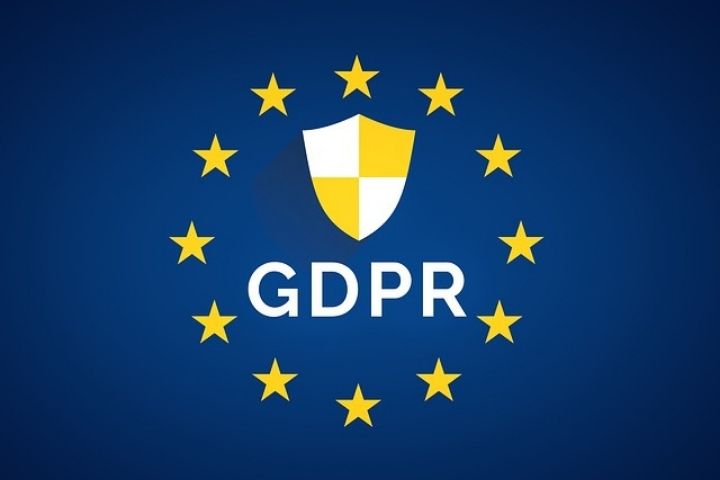- A privacy policy is a written presentation of all the measures that a company or organization applies to guarantee the security and the lawful use of the data of the users or clients that it collects in the context of the commercial relationship.
- The web privacy policy also details how this data is collected, stored and used, as well as whether it is sent to third parties and, if so, in what way.
Table of Contents
When Is It Mandatory To Have A Web Privacy Policy?
- Approved in 2016, but applied de facto since May 2018, the General Data Protection Regulation (GDPR) reinforces consumer rights at European level regarding the control of their privacy.
- The Regulation establishes a legal framework that affects all member states of the Union.
- Today it is practically impossible to manage a website without collecting data. Therefore, every website should have its privacy policy. In this way, you will not only avoid possible penalties, but you will also be providing an important service to your visitors.
- Although, while the collection of data and, therefore, the writing of a privacy policy, are easily justifiable for an online store, the situation changes for other types of services.
- Every minute data is collected and stored automatically – often without the owner of the website noticing it – such as: the IP addresses that the web servers keep in the log files , the personal data linked to the use of social buttons and cookies that store information about users and their browsing habits.
- Another sensitive topic is web analytics tools such as Google Analytics, which are responsible for recording web traffic. This Google tool is especially problematic in terms of data protection standards, since the IP addresses of users are stored on servers located in the United States.
- To reduce the severity of this problem, those in charge of managing web pages can reduce an IP address to the last range of digits, thus allowing it to lose the link with any personal information.
What Are The Consequences Of Not Having A Privacy Policy?
- The RGPD not only limits the field of action of companies in terms of the obligation to have and formulate a privacy policy, but also increases the amount of penalties.
What Should We Include?
- In theory, every web administrator must inform their users about the collection and protection of their data and personal information before starting any type of activity. In practice, it is a bit complicated, so it is common for users to be informed at the same time as their data is collected.
- As in the case of the Legal Notice , the privacy policy must be clear and accessible from any page , so it is necessary to create a unique page exclusively for this purpose. It must also be taken into account that the links to the privacy policy are not hindered by banners or any other advertising action and that it can be displayed correctly with any browser and on all devices.
- Also, it is crucial to pay attention to the wording: it must be exact, precise and clear , avoiding, for example, the use of very technical or legally complicated terms. Depending on the profile of the clients or the group of users of your website, you can write the privacy policy in several languages so that it is also accessible to visitors who do not speak Spanish.
- Paying attention to what is indicated in article 12 of the RGPD is very important. In addition, you can use design elements such as lists or tables to facilitate understanding of the content.
- If until now it was not very clear what aspects could not be missing in a privacy policy, the Regulation lists in article 13 (“Information that must be provided when personal data is obtained from the interested party”) the information that those in charge of the web pages They must present in their privacy policy (it is also indicated in article 11.2 of the LOPD-GDD ).
- Basically, it includes the identity of the person in charge of processing personal data, the reason why this data is collected and for how long and the user’s right to claim it or cancel its use.
We Explain These Rights More Fully Below.
- Contact details of the person in charge or their representative In accordance with the RGPD, it is necessary to indicate in the privacy policy the contact information of the company or its representatives.
- In addition to the name, the current postal and electronic addresses , as well as a telephone number, must be indicated.
Web Privacy Policy: Online Templates And Generators
- On the Internet there are a large number of free tools with which it is possible to create a privacy policy. Here it is essential to find a template that adapts to the services offered by the web and the needs of the users.
- It is common to find general templates for data collection and others for special categories , such as social networks (Facebook, Twitter, etc.), cookies, contact forms or sending newsletters. It is also possible to find templates in which the requirement pages that use web analysis tools such as Google Analytics are outlined and that generally include a link for those users who do not agree with the collection and dissemination of their data.
- In addition to the templates, there are free privacy policy generators that collect the necessary texts and give them the final form. The result is usually available as text or as HTML code.

